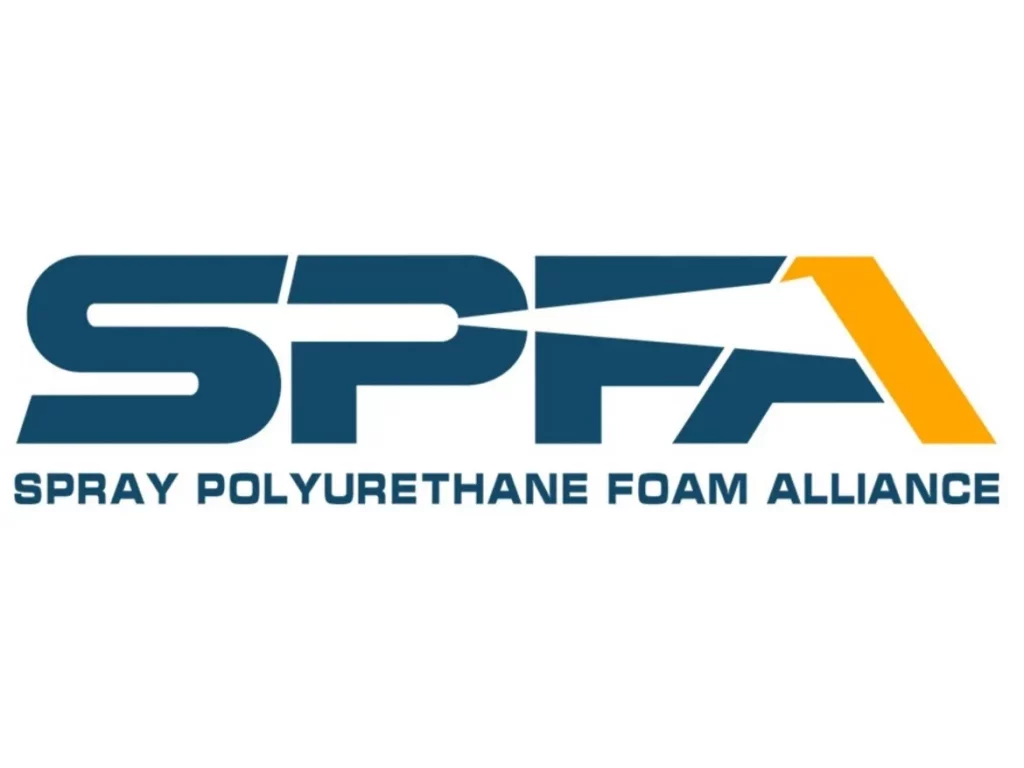
When insulating agricultural facilities such as livestock barns, grain storage, or processing areas, choosing the suitable insulation material is crucial for optimal efficiency and sustainability. Among the most effective options are closed-cell spray foam and open-cell spray foam. But which one is better suited for your needs? In this in-depth guide, we’ll explore the features, benefits, and ideal applications of closed-cell and open-cell spray foam, helping you make an informed decision for your facility.
Before diving into the pros and cons of each type of spray foam, it’s essential to understand what makes them different.
Closed-cell spray foam insulation is a high-density insulation material that creates a rigid and solid barrier. It comprises tiny, closed cells that are tightly packed together, resulting in an insulation product with a high R-value per inch. Because of its density, closed-cell spray foam is more resistant to moisture and air infiltration than other types of insulation.
Key Features of Closed-Cell Spray Foam:
Open-cell spray foam, on the other hand, is a lighter, more flexible insulation material. It comprises cells that are left open, allowing air to fill the gaps and creating a softer, sponge-like material. Open-cell spray foam is excellent for soundproofing and for areas where flexibility is needed.
Key Features of Open-Cell Spray Foam:
For farm owners in Wichita and nearby areas, closed-cell spray foam is often a preferred choice due to its numerous benefits. Here are some reasons why closed-cell spray foam may be better for agricultural applications:
Closed-cell spray foam has a high R-value, which makes it ideal for maintaining consistent temperatures in facilities such as grain storage or livestock barns. Proper temperature control is essential for maintaining product quality and ensuring animal comfort. The higher R-value means that closed-cell foam is more effective at keeping your facility warm in the winter and cool in the summer, which can significantly reduce energy costs.
Farms are often exposed to high humidity levels and fluctuating temperatures, leading to condensation problems. Closed-cell spray foam is an insulation material and a moisture barrier, preventing condensation buildup and helping avoid mold growth, rot, and other moisture-related issues. This dual functionality is essential in agricultural environments where moisture control is crucial for preserving equipment, feed, and livestock.
The rigid nature of closed-cell spray foam adds strength to walls and roofs, enhancing the overall structural stability of your facility. This additional strength can be especially beneficial for metal buildings, pole barns, and other structures prone to movement or damage due to environmental factors.
The closed-cell foam acts as a complete air barrier, preventing drafts and reducing the amount of dust, allergens, and pollutants entering the building. For livestock barns, better air quality contributes to healthier animals and can improve productivity.
While closed-cell foam has numerous advantages, open-cell spray foam can also be a good option for specific situations.
Open-cell spray foam is typically more affordable than closed-cell foam, making it an attractive option if budget is a significant concern. It is ideal for areas where high insulation values are less critical, such as interior partition walls or spaces that do not require temperature regulation.
The open structure of open-cell spray foam makes it highly effective at absorbing sound. This feature can be particularly beneficial if you have noisy equipment or machinery on your farm. Open-cell foam in certain areas can help create a quieter and more comfortable environment.
Open-cell spray foam is more flexible than closed-cell foam, making it easier to install in tight or irregularly shaped spaces. Its lightweight nature also makes it ideal for applications where structural reinforcement is not needed.

To decide whether closed-cell or open-cell spray foam is better for your facility, it’s essential to consider the specific needs of your agricultural operations. Below, we compare how each type of foam fares in critical areas:
If you’re considering spray foam insulation for your agricultural facility, closed-cell and open-cell foams have unique benefits. Here are some factors to help you decide which is suitable for you:
At Arma Coatings of Wichita, we understand the unique needs of farmers and agricultural operators in Wichita and nearby areas. Whether you need to improve temperature control in a livestock barn, prevent moisture buildup in grain storage, or enhance the efficiency of your pole barn, we have the expertise to help you choose the right insulation solution.
Our team is experienced in working with agricultural facilities and understands your challenges—from energy efficiency to moisture control. We offer high-quality closed-cell and open-cell spray foam insulation that is professionally installed to ensure optimal performance and longevity.
Choosing the proper insulation for your agricultural facility is a critical decision that impacts your operations’ efficiency, comfort, and safety whether closed-cell or open-cell spray foam best fits depends on your needs and budget.
If you want to improve your farm’s efficiency, sustainability, and durability, contact Arma Coatings of Wichita today. Our experienced team can help you determine the best solution for your needs
Call us at (316) 779-2430, visit our website at https://www.armacoatingswichita.com/, or email us at [email protected] to get started. We can help you create a more efficient, sustainable, and productive agricultural facility with the right spray foam insulation solution.
1. Is Closed-Cell Spray Foam Better Than Open-Cell?
Closed-cell spray foam is generally better for temperature control, moisture resistance, and structural strength, while open-cell is more cost-effective and better for soundproofing.
2. Which Spray Foam Should I Use for Livestock Barns?
Closed-cell spray foam is ideal for livestock barns due to its superior insulation, moisture control, and structural benefits.
3. Is Open-Cell Spray Foam Good for Grain Storage?
No, closed-cell spray foam is better for grain storage because it provides better temperature control and moisture prevention.
4. Can I Use Open-Cell Spray Foam in Machinery Sheds?
Open-cell spray foam works well in machinery sheds where sound absorption is valuable and high insulation values are not critical.
Arma Coatings of Wichita is a family-owned company specializing in spray foam insulation and roof coatings. For over two decades, we have been enhancing homes and businesses in Wichita, Kansas and surrounding areas with our expertise in cutting-edge insulation and roofing solutions.


© 2024 All Rights Reserved . Arma Coatings of Wichita